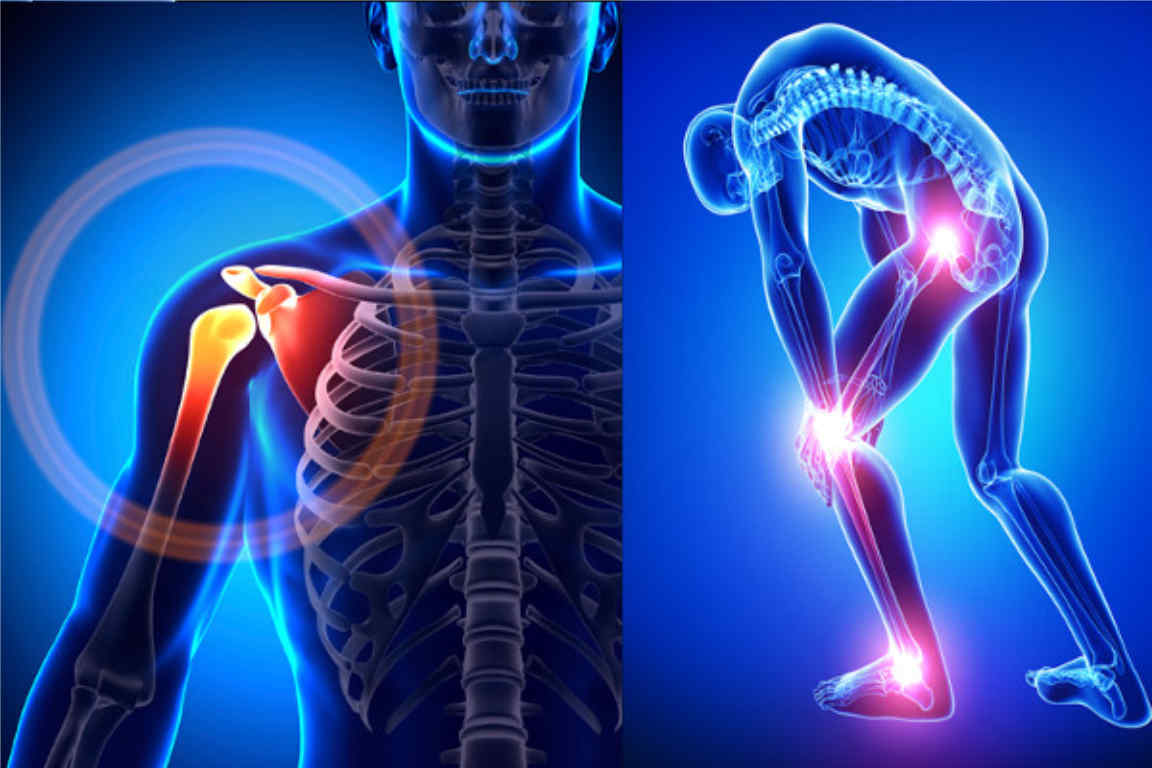How Best Orthopedic Doctor Handle the Situation of Surgery

What does an orthopedic surgeon do?
An orthopedic surgeon is an expert that deals with problems related to injuries of the musculoskeletal system in the human body. It includes bone, ligaments, tendons, joints, and nerves. The best orthopedic doctor performs several procedures, surgical and non-surgical. These procedures help to remove deformities in the bone. Normally an orthopedic surgeon requires 14 years to complete their education.
It is very important for an orthopedic surgeon that he would be able to examine, diagnose, and treat his or her patient very precisely. He always has good commands not only in surgical techniques but also nonsurgical treatments.
Expertise required during surgery?
Cost control:
Multiple professions and technologies are involved in the surgery. So often the cost of operation reaches so high. A good surgery manager always tries to keep a balance in surgery expenditures. An efficient surgeon tries not to affect the quality of operation in an affordable budget.
Basic Investigation:
Normally every doctor asks you to go through some particular tests before surgery. These tests are very helpful to gather some information about the patient’s body. Some of them are related to the functions of major organs like the heart, lungs, liver, and kidneys.
Diagnostic tools before surgery are these:
Arthroscopy: It is a surgical procedure that involves a tiny camera that shows the inner structure of the joint.
Magnetic Resonance Imaging: These are very powerful magnetic and radio waves to create highly detailed images, especially for soft tissues.
Gait Analysis: This is a physical test that tells the performance of the patient’s lower extremities, limb alignment, and joint rotation.
Reflex response: This test shows the brain and joint response to a stimulus.
Computed Tomography (CT Scan): It describes the cross-sectional images of the body.
X-ray: This gives us a plain film image by using electromagnetic waves.
Bone Scan: This test shows how much bone tissues is lost in the body.
Blood Test: Blood tests have equal importance in orthopedic surgery. They help the doctor to identify inflammation and infection. It also describes the exact problem in the bones like rheumatoid arthritis, bone cancer, and ankylosing spondylitis.
One more thing that is very important to take notice of the patient previous medical history.
Team of the orthopedic surgeon:
The orthopedic surgeon works with a team of doctors and subspecialists. Good surgery is not possible without an efficient team.
Key members of an orthopedic surgery team are:
Surgeon: A surgeon is the most important member of the surgery team. All other team members work under his or her directions. A resident surgeon also accompanies a senior surgeon. It is the responsibility of a surgeon to carry out the operation smoothly. If required, multiple surgeons conduct a complicated surgery.
Anesthesiologist: It is the responsibility of the anesthesiologist to control the consciousness of the patient. An anesthesiologist also takes care of controlling and monitoring patients breathing.
Scrub Tech: Scrub tech takes care of the availability of all instruments and other necessities on surgeon demand during operation. He also keeps all surgical field organized. And keep a record of all surgical inventory.
Circulating Tech: A circulating tech performs multiple duties in the operation theatre. He is responsible for bringing the patient to the operation theatre, tying the surgical gown of surgeons. He also supplies anything from outside to operation theatre.
Nurse: Nurses also perform multiple duties in the operation room. In some procedures, nurses act as the first assistant of the doctor.
The hygiene-An essential component of surgical procedure
Infection is a big problem for the surgeon during surgery. It is important to prevent the patient from infection within and outside the body. It becomes more critical when prosthetics and other surgical implants are being used. Infection through such artificial materials becomes a danger for the outcome of orthopedic surgery.
To control the above problem entry of any person in the operation room is strictly prohibited. The wound is cleaned very carefully to maintain sterility levels. Before surgery operation, theatre is prepared with a hygiene point of view. All types of equipment used during surgery get sterilized before surgery.
The requirement of operation theatre:
Well equipped operation theatre plays a very important role in successful surgery. So, best orthopedic surgeon always tries to maintain his or her operation theatre with advanced equipment.
To conduct a successful surgery, a surgeon establishes his operation theatre with the following types of equipment:
- Semi Sterile and sterile lobbies
- Air curtain
- Fogging machines
- Anesthesia machines
- Electro-hydraulic operation theatre
- Oxygen and suction
- Sterile laminar airflow
- Emergency medicines
- Fully automatic ETO sterilized for delicate instruments
- Synthes make bone drilling and cutting equipment
- Surgical cautery for high-end surgeries
Postoperative Care:
We can divide postoperative care into three phases.
The first phase: It is the most critical phase after the operation. In this, doctors and team give attention to pain control, preventions, and recognition of post-operation complications.
The second phase: In this phase centre of attention is integration into the social environment and mobilization.
Third phases: This final phase Doctor concludes that the patient either patient can discharge from the hospital or not. Is he or she able to return to the home and workplace?